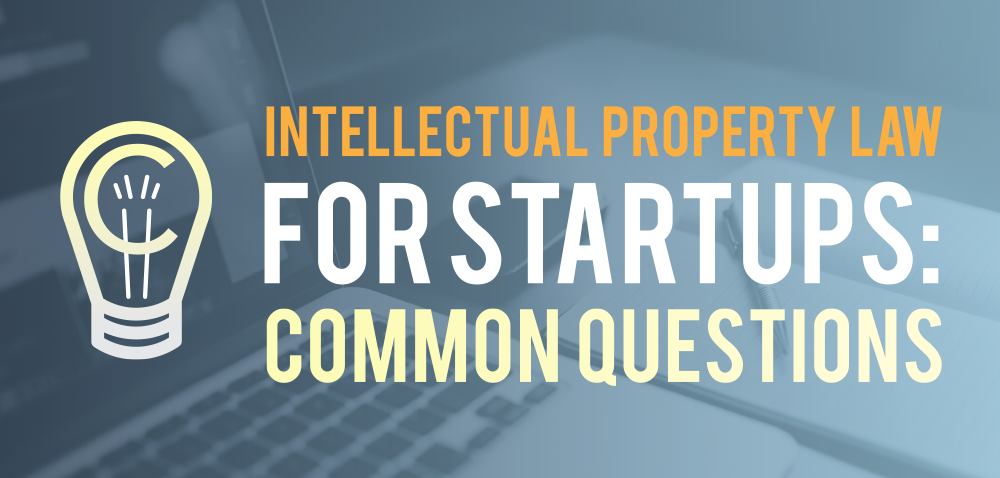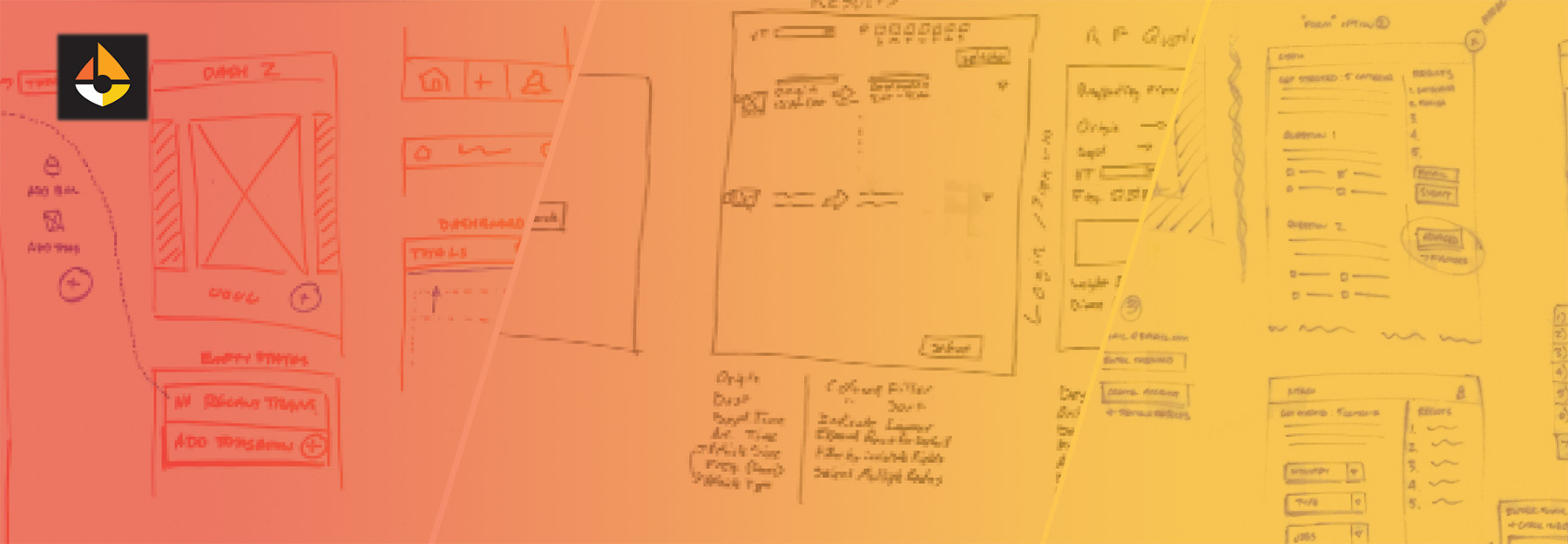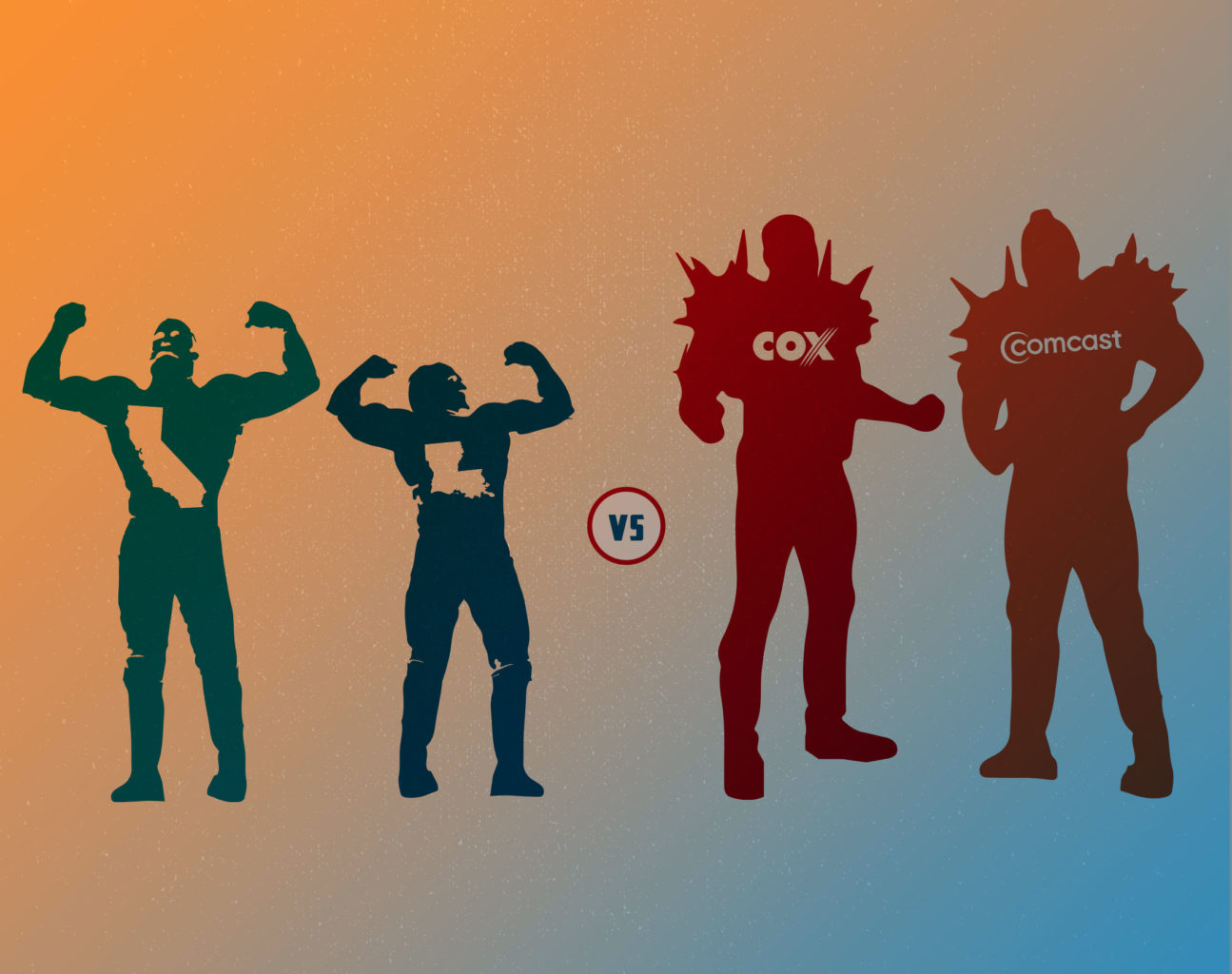LookFar Ventures19 August 2016
IP Law for Startups: Common Intellectual Property Issues and How to Approach Them
Just a few reasons why an IP strategy is important for any young company
This guest post comes to us courtesy of Ray Areaux, a patent attorney and founding member of Carver Darden, a law firm with offices in New Orleans and Pensacola. He, and other Carver Darden attorneys will be giving a free talk on intellectual property law at the LookFar offices on August 23rd, check here for more details.
The questions below highlight some of the most common misconceptions and pitfalls, especially for startups. Over my 30 plus years of rendering advice to clients on software protection and other Intellectual Property strategy points, I’ve seen all of these issues pop up repeatedly. If you’re currently working at a startup, there’s an excellent chance you’ll wind up grappling with at least one of them as you grow your company.
DISCLAIMER: the below is NOT offered as legal advice but only as an educational resource. Legal advice is prudently rendered only after appropriate factual development and related consultation. Facts matter, and advice can radically change based on even a subtle difference in the facts.

Ray, we don’t create anything that could be patented. It’s not like we invented the transistor, or xerography, or some new miracle drug. Why are we even reading this article?
A: That is the wrong mindset; and, it will result in your failure to harvest and monetize valuable intellectual property from your team.
Contrary to popular belief, the supermajority of patents issued reflect “incremental” improvements in the state of the art. In terms of the volume of patents issued, very few patents are truly “revolutionary” or “disruptive”.
To timely harvest valuable innovation, it is important to change the mindset of your team from “Oh, everyone does that” to “We are the innovators and everything we do, we want to protect”.
Ray, we developed a feature in one of our applications a couple of years ago. At the time, we certainly thought it was clever, but we did not think it was valuable. Well, now we have come to realize its value, especially to our competition, and we want you to patent it, since we invented it.
A: You likely are too late for patent rights. I do not know if, in the first instance, you had any U.S. patent rights. But, whatever you might have had you lost one year after you began to use that feature either in operating your business or in letting others use or enjoy it in a released app. Your patent rights in Europe, Japan and other foreign countries are also likely lost.
Patent systems in the U.S. and in other countries impose harsh deadlines for filing a patent. In the U.S., the deadline is one year from using, offering to sell, or publishing an enabling disclosure of the invention; this deadline is often referred to as the one year “grace” period. Europe, Japan and other developed countries do not even allow a “grace” period, so your patent application must be on file before any kind of disclosure.
You likely enjoy some form of copyright protection for the code; but copyright will not protect the “idea” or “concept” of that feature, only the way that you coded or expressed it, perhaps even some part of the user interface.
Ray, we have a great piece of software that we developed, and it has now been copied by the competition. We goofed and didn’t copyright it…is there anything we can do now?
A: You did not “goof” as much as you think you did. You can take a deep breath in knowing that copyright protection, by law and without you doing anything more, has your back, to some degree. The law automatically attached copyright protection to your software the moment you created it in your development system. That is the good news.
So, you have rights against the competition. However, to enforce those rights in a lawsuit you will first need to register your copyright with the U.S. Copyright Office.
The bad news is that by not having previously registered your copyright, you have lost access to some very powerful and robust legal remedies that would have been available to you if you had registered the copyright in a timely fashion. “Timely” likely means before you released the code (even in alpha or beta).
Going forward, you should consider implementing a periodic review system (monthly or quarterly) by which you identify valuable code. Your software release system should also implement a check-off to determine whether a copyright application should be filed before the code is released. These controls are very important to protecting your rights. Preparing and filing a copyright application is a relatively easy and painless task (and inexpensive) once you have been trained by counsel how to do so.
Ray, I paid all of the invoices from my software developers to develop, code, and test the product, and it has now been delivered to me; so I own it, correct?
A: If your developers did not expressly assign the software copyright and patent rights to you in writing, you do not. Just because you paid them, and paid them in full, does not mean you own it. You might have some license to use it, but the scope of that use is anything but clear. You might not even have exclusive rights to it (if you don’t, the software developers might be able to provide it to others).
Even if you have a statement that it is a “work made for hire”, it nevertheless might not be a “work made for hire,” so you might not own the copyright to it. You should have a “backup” written assignment.
If you have a written assignment of the copyright, any patentable features or functions which are implemented in, or performed by, the software are not yours. Patent rights also need to be expressly assigned in writing.
Ray, I released my software, and it is doing great, but some of my employees (a salesperson and two of my programmers) just jumped ship to my competition. They were all true employees (so only W-2 employees and not 1099 personnel). So, whatever nifty contributions they might have made to the app, I own, correct?
A: If those employees were hired to develop software, you own the copyright to the software. But, in the absence of an express written assignment of the patent rights, you do not own any patentable features or functions that the software implements or performs, even though they were your true employees. As to copyright, if the scope of their employment did not include software development (e.g., perhaps the salesman or other personnel, such as accounting, administrative, or clerical), you might not own all of the copyright to the software. You might even have to pay those former employees some part of any monies you receive from others who use your app.
CAVEAT: some states regulate pre-employment assignment restrictions (some, but not all, of the states are: CA, DE, IL, KS, MN, NC, UT and WA).
Ray, I have this great idea to improve our system, and I know how to do it, but I don’t have time to implement and reconfigure the system to test it. So, can I patent my idea without a prototype, or do I have to wait?
A: No, you do not have to wait. In fact, don’t wait; time is not on your side. The U.S. patent system is now under a “first to file” rule.
Second, you do not need a prototype. Your innovation does not first have to exist in code or other tangible form before filing a patent application. So long as, in your mind, you have conceived of the innovation and you can describe it in words, likely with the help of a few rudimentary drawings, how to make the innovation and how to use it, you can and should file your patent application as soon as possible.
Ray, we are ready to apply for a patent on our new system architecture design and we want you to expedite the process. Getting a patent should help protect us from infringement claims on the systems we built on top of, correct?
A: Afraid not, because – and this is important – a patent does NOT give you a right to do anything. A patent only gives you the right to exclude others from making, using, or selling the invention. This is one of the most common misconceptions about patent law.
Assuming that your new system architecture is a patentable improvement over the state of the art, in deploying your new system you may nevertheless infringe on other patents on the base system on which you built your improvement. Your patent on the improved system does not give you the right to use any base’s system included in your improved system. This concept of “blocking patents” is very important and often misunderstood. You cannot rely on your patent to make or sell anything. You can only rely on it to stop others from making or selling it.
Ray, we have assembled an impressive listing of cities, dates, and times for certain events in the industry which we service. This database will be of value to our customers. Before we publish it on our website, we want to copyright it so that our competition cannot copy it.
A: In general, copyright will not come to your aid to protect a database. Copyright protection for databases is, at best, very thin.
Each Congress sees proposed legislation to protect databases. Nothing has yet been enacted.
Most databases rely on “trade secret” rights for protection. As a result, if you publish it on your website so that all the world can see it, it is obviously not a “secret” and, in doing so, you lose whatever trade secret rights you may have.
Given the vacuum in legal protection for databases, we see use of mechanical/technological devices, hence CAPTCHA: Completely Automated Public Turing test to tell Computers and Humans Apart.
Thanks for Reading!
Assisting startups in protecting their intellectual property is one of the most enjoyable aspects of my practice. I hope the above helps provoke a change in your mindset and an action to visit with counsel very early in your development efforts.
If you’d like a much more detailed introduction to the topic of intellectual property law, you may enjoy this recording of a longer presentation I gave at the LookFar offices.
Written by
 How to Build Your Magic Machine: A primer on technical development for Startup Founders
How to Build Your Magic Machine: A primer on technical development for Startup Founders  Net Neutrality in the Southeast: Why Emerging Hubs Should Fight for Title II
Net Neutrality in the Southeast: Why Emerging Hubs Should Fight for Title II